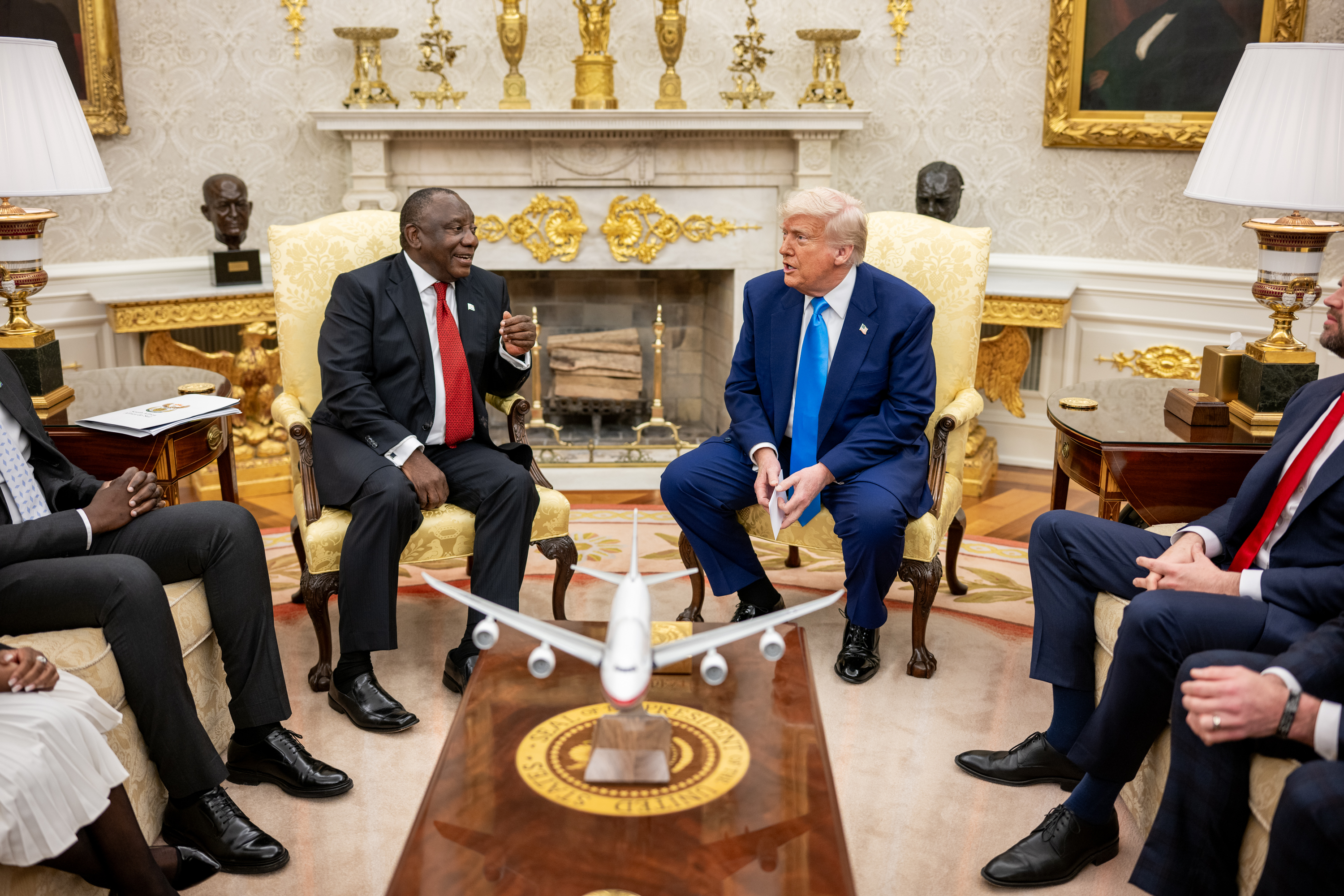
The government of South Africa has announced plans to draft emergency measures to support local exporters affected by the U.S. President Donald Trump’s newly imposed 30% tariff; a policy shift expected to severely impact the country’s automotive and agricultural sectors.
- The South African government announced emergency measures to support exporters affected by the US’s newly imposed tariffs.
- These tariffs, set at 30%, target industries like automotive and agriculture, and are part of a US trade policy shift.
- Negotiations with the US are open, while efforts to finalize a support package for impacted sectors continue.
The tariff, which was announced via an executive order on Thursday, is set to take effect within seven days and forms part of President Trump’s broader push to reshape global trade in favour of the United States.
In response, the country’s Trade and Industry Minister, Parks Tau announced the launch of an “Export Support Desk” to assist affected businesses and help them identify alternative international markets.
The minister described the situation as “a trying moment for South Africa,” underscoring the immediate risks to jobs and economic stability, a Reuters report confirmed.
President Cyril Ramaphosa also addressed the development, revealed in a press release that his government is finalising a support package for vulnerable exporters, with further details expected in the coming day
“All channels of communication remain open to engage with the U.S., and our negotiators are ready pending invitation from the U.S.,” Ramaphosa said.
The United States is South Africa’s second-largest bilateral trading partner after China, importing a wide range of goods including automobiles, iron and steel, citrus fruits, and wine.

However, rising diplomatic tensions, fueled by disagreements over South Africa’s foreign policy positions and domestic affirmative action laws, which the Trump administration has openly criticised, have clouded the trade relationship.
Trump unmoved by South Africa’s tariff plea
According to Reuters, South Africa had spent several months attempting to negotiate a trade compromise with Washington.
Among its proposals were increasing purchases of U.S. liquefied natural gas and committing to investments in U.S. industries in exchange for tariff exemptions.
However, U.S. officials reportedly remained unresponsive.
The executive order signed Thursday imposes new duties on dozens of countries, many of them emerging markets, rekindling fears that African economies could become collateral damage in Washington’s increasingly protectionist trade agenda.
While the establishment of the Export Support Desk has been welcomed by some stakeholders, political opponents questioned its adequacy. South Africa’s official opposition party, The Democratic Alliance,, dismissed the initiative as “laughable.”
As Pretoria moves to roll out its support package, exporters across multiple industries are bracing for disruption, with renewed calls for regional cooperation and market diversification gaining urgency.
Olamilekan Okebiorun












